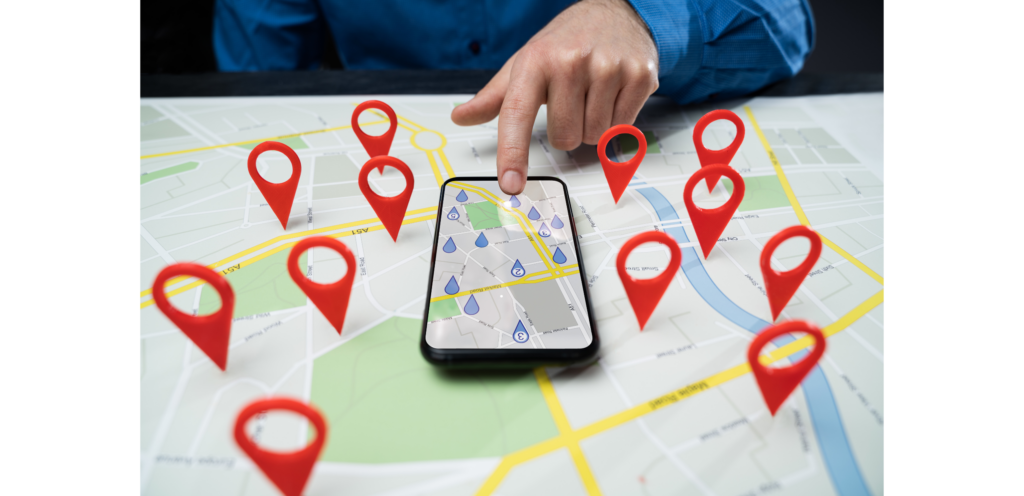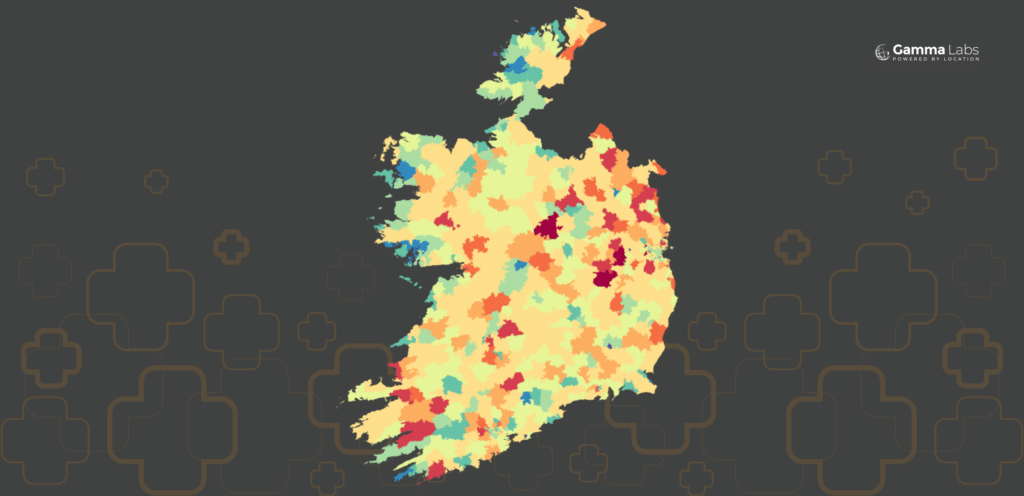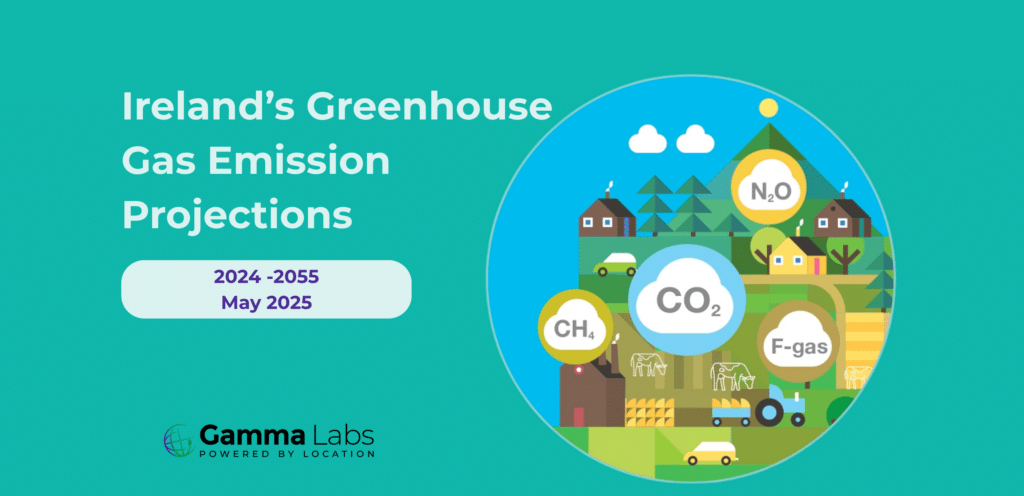A Complete Guide to Address Matching in Ireland: How It Works, Who Needs It, and Why It Matters
Address matching in Ireland plays a critical role in ensuring clean, consistent, and accurate location data across sectors such as e-commerce, insurance, logistics, and telecommunications.
In this guide, we’ll explore what address matching is, how it works, and – above all – why it’s vital for both private and public sector organizations.
What Is Address Matching?
Simply put, address matching refers to the process of comparing and aligning addresses from different datasets to ensure consistency, accuracy, and usability. For example, a user might enter “3/12 Main St Blackrock Louth,” and a robust address matching system determines the exact location that entry refers to.
The Address Matching Process: Step-by-Step
An effective address matching solution handles multiple steps. Not every application will use all of them, but a complete solution must support them all.
1. Data Parsing
First, the software breaks the address into components such as house number, street name, town, and county.
2. Standardization
Next, parsed addresses are reformatted into a common structure for consistency. This is crucial, especially for downstream validation.
3. Validation
After standardisation, the address is checked against authoritative databases like Eircode, Autoaddress, and Gamma’s AddressLink.
4. Matching
Once validated, the address is compared with known records to identify the correct location, even if there are typos or abbreviations.
5. Geocoding
Finally, the system assigns geographic coordinates (latitude and longitude) to the address — enabling location-aware features like mapping and route optimisation.
Who Needs Address Matching?
Not only is address matching widely applicable, but it also delivers value across a range of industries. For instance:
- Local governments rely on it for tax records and service delivery.
- Banks and insurers use it for compliance checks and customer verification.
- Retailers and logistics companies depend on it for accurate deliveries.
- Utilities and telecoms providers require it to confirm service availability.
When Is Address Matching Needed?
Most commonly, address matching is performed during:
- Customer onboarding (to validate addresses at sign-up)
- Checkout processes (to streamline deliveries)
- Risk assessment (e.g. identifying flood zones for insurance)
- Bulk data clean-up (in enterprise databases)
After all, no one wants to complete a purchase or sign-up process only to find that delivery or service isn’t available to their address. Fortunately, using fast and accurate matching tools like Autoaddress reduces friction and enhances user satisfaction.
How Address Matching Works: Techniques and Technology
Address matching relies on a combination of parsing, rules, and intelligent algorithms. Let’s break it down:
Parsing
Addresses are entered in many ways. For example, “Road” may appear as “Rd” or “Rd.” — and names like Portobello are often misspelled as Portabello. Therefore, relying on exact matches is not enough.
Instead, modern systems use:
- Fuzzy matching, which identifies close variations (e.g. “Main Street” vs. “Main St.”).
- Rule-based logic, which interprets abbreviations based on context. For instance, “St” in “Main St” means street, but “St” in “St Anne’s Villas” means saint.
- Machine learning, which enhances accuracy over time by learning from new data.
Standardisation
Subsequently, the parsed address elements are converted into a standardised format, preparing them for validation.
Validation
As a matter of fact, validation ensures an address truly exists and is properly formatted. In Ireland, this is commonly done using:
- Eircode – Ireland’s unique postcode system, which provides a unique identifier for every property.
- Autoaddress – A leading provider of address verification and geocoding solutions in Ireland.
- AddressLink by Gamma – A comprehensive property intelligence solution that integrates multiple datasets for enhanced accuracy.
Validation can be done in real-time using an API that checks addresses as they are entered. Batch validation can also be used to process a large set of addresses in one go.
Enrichment
Beyond validation, enriched addresses include additional data — such as property attributes from AddressLink — enhancing business intelligence and decision-making.
Where Is the Address? (Geocoding Explained)
Geocoding, in essence, transforms a valid address into precise latitude and longitude coordinates. This enables:
- Visual mapping (e.g. pins on property websites)
- Efficient routing for deliveries
- Risk zone identification for insurers

Why Address Matching Is Crucial
Without a doubt, accurate address data empowers better business decisions and a superior customer experience.
Let’s explore two specific examples.
Use case: E-commerce
From the moment a customer begins typing, automated address completion helps reduce form fatigue and abandoned carts.
As a result, accurate delivery options and pricing are displayed instantly. This, coupled with reliable data, helps retailers fulfil deliveries faster and more efficiently — whether they manage logistics in-house or rely on third parties.
Use case: Insurance
Similarly, insurers benefit from automated recognition and data enrichment. As soon as the address is entered:
- Application forms are pre-filled using data from sources like AddressLink (e.g., energy rating, building age).
- Geospatial analysis flags risks like flood zones, enabling smarter underwriting decisions.
- Standardised address formats support compliance and internal data governance.
All in all, this creates a smoother, safer, and more efficient experience — for both customer and insurer.
Conclusion
Address matching in Ireland is more than a backend task — it’s a strategic enabler for digital transformation across sectors.
By integrating advanced techniques such as fuzzy matching, real-time validation, and geocoding, businesses not only improve data quality but also unlock better decision-making and customer satisfaction.
Whether you’re optimising an e-commerce journey or refining your insurance onboarding, accurate address matching is a must-have for operational excellence.



